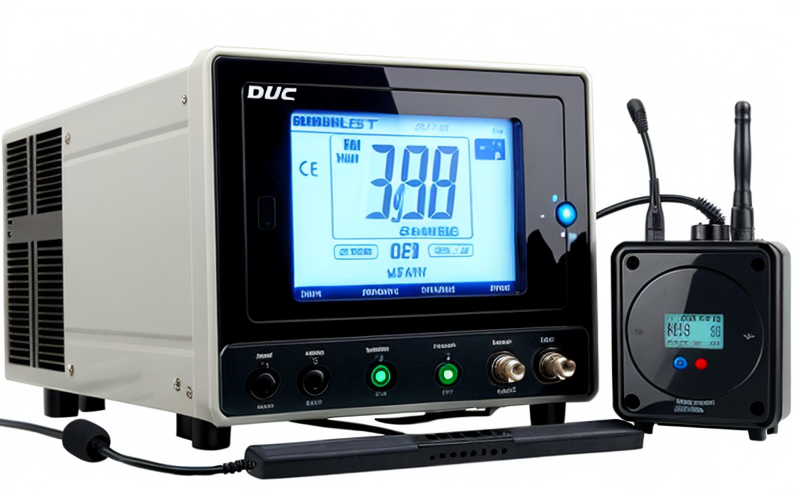ITU R M.1457 IMT-2000 3G RF Testing
The ITU-R Recommendation M.1457, also known as the IMT-2000 standard, is a comprehensive framework for third-generation (3G) wireless communications systems. This service focuses on ensuring that all components of the IMT-2000 system meet stringent performance criteria, particularly in terms of radio frequency (RF) behavior and electromagnetic compatibility.
The IMT-2000 standard encompasses a wide range of technologies including CDMA2000, WCDMA, and TD-SCDMA. Our lab specializes in testing the RF characteristics that are critical for interoperability between different devices within an IMT-2000 network. This includes evaluating signal strength, interference resilience, and spectral efficiency.
The tests conducted here ensure compliance with both international standards such as ITU-R M.1457 and national regulations related to RF emissions and safety. Our expertise lies in simulating real-world conditions under which devices operate, providing robust data that can be used for certification purposes or internal quality control.
For instance, we perform comprehensive tests on antennas, transmitters, receivers, base stations, handsets, and other wireless communication equipment to assess their performance across various scenarios. This involves measuring parameters like power output, frequency response, phase noise, and bit error rate (BER).
The importance of this testing cannot be overstated; especially considering the increasing complexity of modern mobile networks that support voice calls, data transmission, video streaming, and other services simultaneously. Ensuring reliable performance is crucial not only for manufacturers but also for network operators who need to guarantee service quality.
In addition to technical accuracy, our team ensures that all tests are conducted in compliance with relevant international standards including ITU-R M.1457-2013, which provides guidelines on how to perform these tests effectively and accurately.
Our testing facility is equipped with state-of-the-art instrumentation capable of simulating diverse environments such as urban, suburban, rural areas, and indoor spaces. We use advanced software tools to analyze collected data and provide detailed reports that highlight any discrepancies from expected performance levels.
Applied Standards
- ITU-R M.1457-2013: Third Generation (IMT-2000) Radio Transmission Characteristics
- ISO/IEC 14496-3: Information technology -- Coding of audio-visual objects -- Audio coding
In addition to ITU-R M.1457, our testing aligns with other relevant international standards like ISO/IEC 14496-3 which deals specifically with the compression and coding of digital audio information. These standards are crucial for ensuring that all tested components work seamlessly together within an IMT-2000 network.
The rigorous application of these standards guarantees consistent results across different tests, providing a reliable basis for certification decisions. Compliance with such high-level specifications ensures not only technical excellence but also meets regulatory requirements worldwide.
Benefits
- Ensures compliance with international standards like ITU-R M.1457-2013.
- Identifies and rectifies issues early in the development process, saving time and money.
- Guarantees interoperability between various devices within an IMT-2000 network.
- Provides robust data for certification purposes or internal quality control.
Eurolab Advantages
We pride ourselves on delivering accurate, reliable results that meet the highest industry standards. Our experienced team combines technical expertise with a deep understanding of the challenges faced by manufacturers and network operators today.
Our state-of-the-art facilities are equipped with the latest instrumentation and software tools necessary to conduct thorough RF testing across diverse environments. This ensures that all tested components perform optimally under real-world conditions.
We offer flexible turnaround times tailored to your specific needs, whether you require rapid prototyping or extensive validation studies. Our commitment to excellence extends beyond just meeting deadlines; we strive for continuous improvement in our processes and methodologies.





